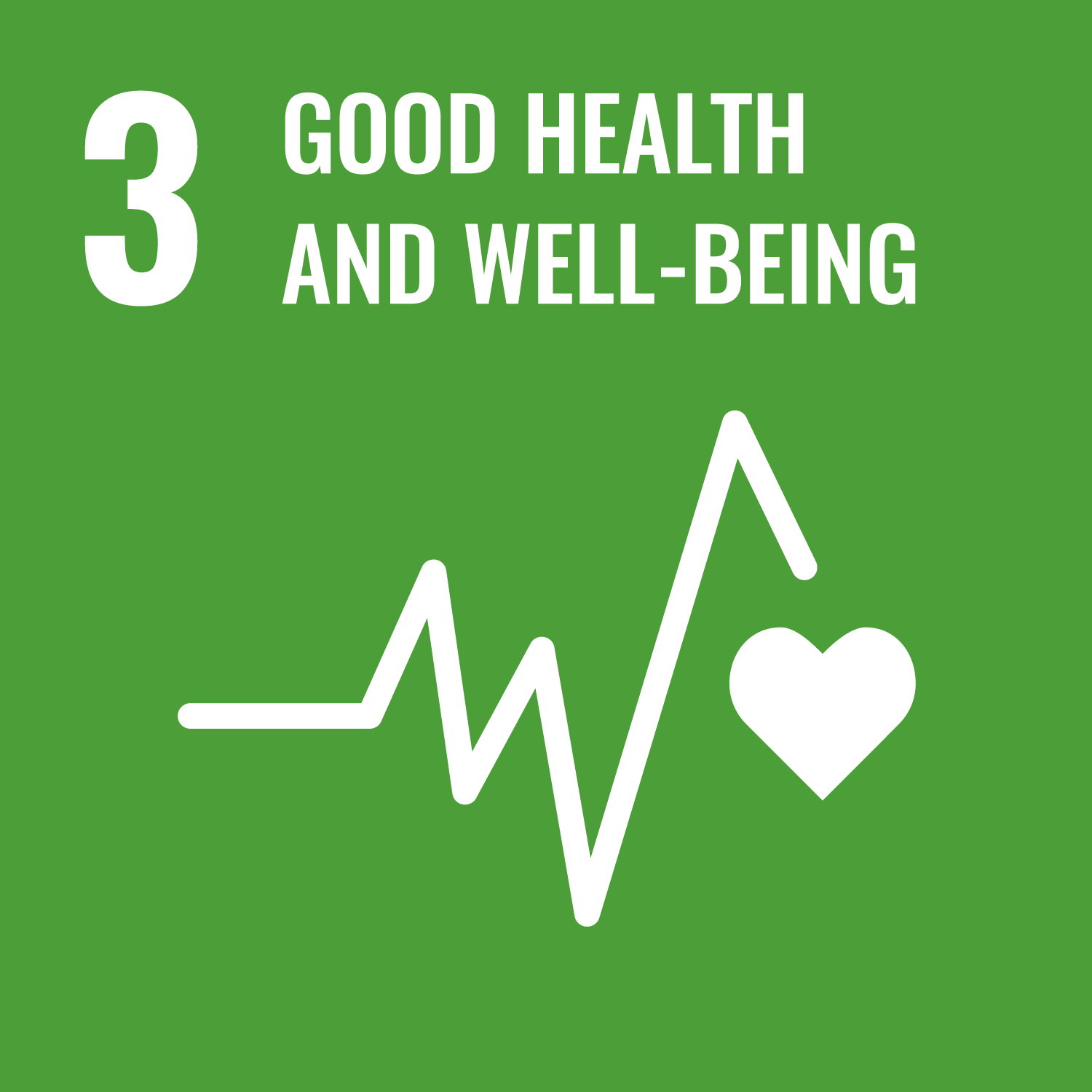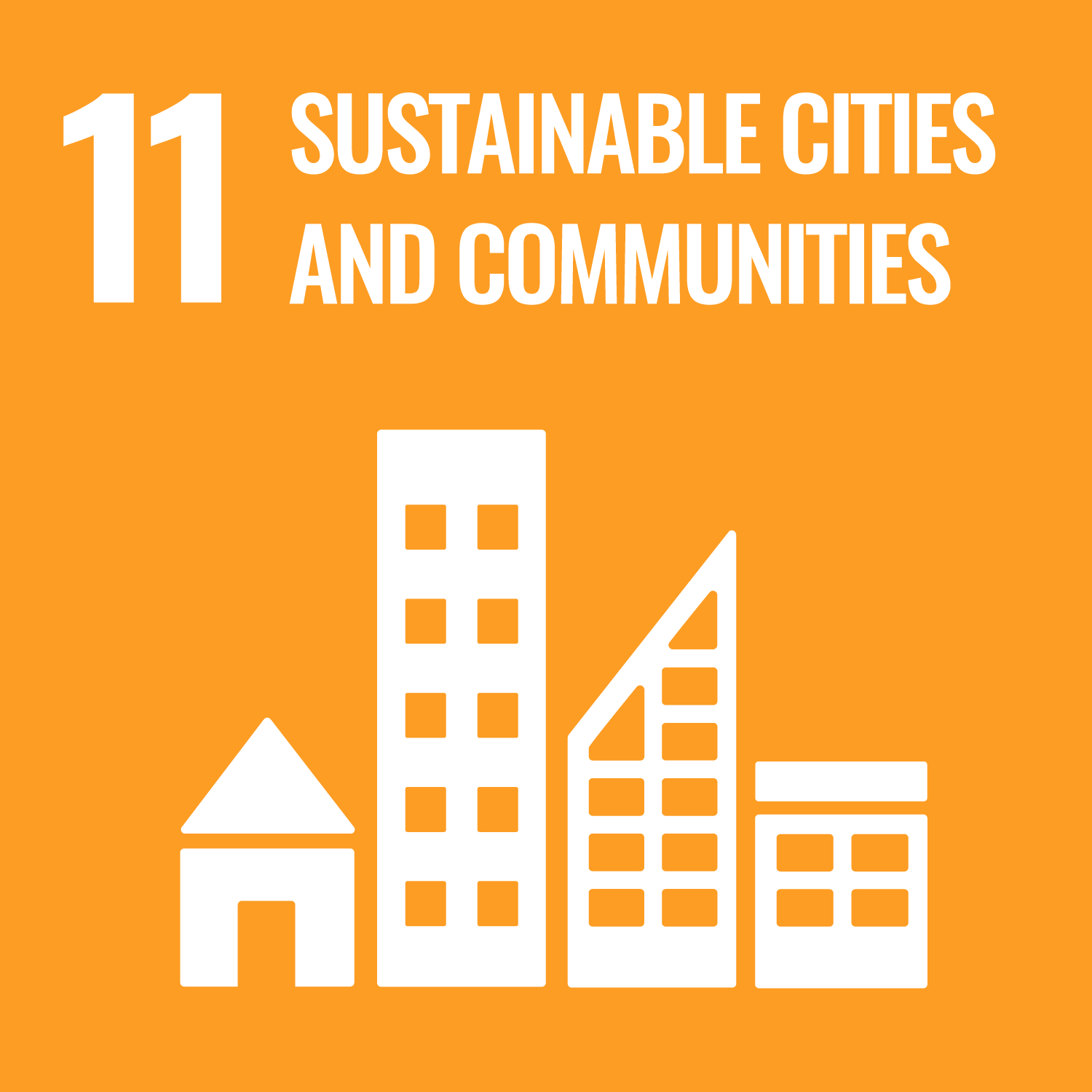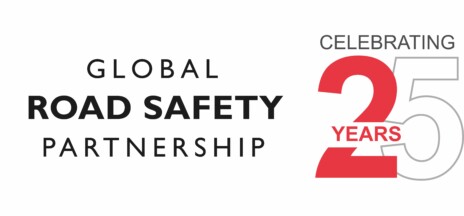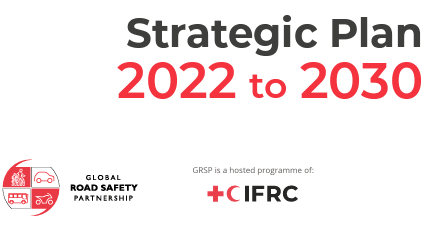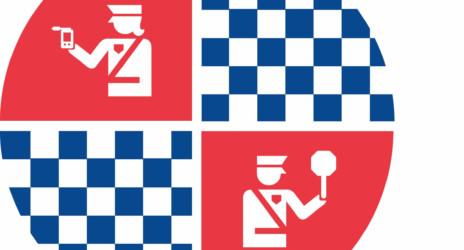Bloomberg Philanthropies Global Road Safety Programme Inviting Select Cities and Countries to Compete for Funding and Support
New $125 Million Commitment Aims to Reduce Road Traffic Fatalities and Injuries in Low- and middle–income Cities and Countries
 LOS ANGELES–September 29, 2014 –Traffic fatalities are one of the world’s leading causes of preventable death and, unless urgent action is taken, will become the seventh leading cause of death by 2030. To combat this trend, Bloomberg Philanthropies announced today a new phase of the foundation’s Global Road Safety Programme, which aims to reduce fatalities and injuries from road traffic crashes. The foundation will invite select low- and middle-income cities with populations of over two million residents to apply for grants. Low- and middle-income countries will also be invited to be part of the programme.
LOS ANGELES–September 29, 2014 –Traffic fatalities are one of the world’s leading causes of preventable death and, unless urgent action is taken, will become the seventh leading cause of death by 2030. To combat this trend, Bloomberg Philanthropies announced today a new phase of the foundation’s Global Road Safety Programme, which aims to reduce fatalities and injuries from road traffic crashes. The foundation will invite select low- and middle-income cities with populations of over two million residents to apply for grants. Low- and middle-income countries will also be invited to be part of the programme.
With a new commitment of $125 million over five years, the programme will work at both the national level to strengthen road safety legislation and the city level implementing proven road safety interventions. The proposals cities submit will detail how they plan to address road safety by applying solutions to a number of challenges including improving pedestrian and cyclist safety, enhancing laws to combat drinking and driving and speeding as well as encouraging the use of motorcycle helmets, seat-belts and child restraints. Proposals will also detail how cities plan on improving road infrastructure and street design, provide safer mobility options for all road users and guarantee safer public modes of transportation.
“Every life lost because of unsafe roads is a tragedy – and most of those tragedies could be avoided with better rules, better enforcement, and smarter infrastructure. City governments can be especially effective at putting those measures in place, because they are often able to move faster andmore efficiently than other levels of government,” said Michael R. Bloomberg. “This new funding will be targeted to cities where we can make the biggest difference, that have shown the strongest commitment to taking action, and that have the best ideas for making roads safer. And we’ll help those cities work together to share effective strategies – so that even more lives can be saved.”
Bloomberg Philanthropies will work with each grantee to develop its proposal for participation in the programme. With assistance from the world’s leading experts in road safety, selected locations will establish a network of visionary municipal leaders who commit to implementing bold, new efforts to save lives and protect their citizens from injuries.
The selected locations will be announced by January 2015 and each of those that successfully apply to join this initiative will receive:
- Senior-level, full-time staff to work within city governments on their road safety initiatives for up to 5 years
- Comprehensive technical assistance from the world’s leading road safety organizations
- Training for police officers and other relevant city staff
- Support to create hard-hitting mass media campaigns
“Strong road safety laws to prevent drinking and driving and speeding and promote the use of motorcycle helmets, seat-belts and child restraints, when coupled with an increase in compliance have the potential to reverse the epidemic of road traffic deaths and injuries,” notes Dr. Etienne Krug, the World Health Organization’s Director for the Department for Management of Noncommunicable Diseases, Disability, Violence and Injury Prevention.
More than one million people die and 20-50 million people are severely injured from road traffic crashes around the world every year, making road traffic injuries the ninth leading cause of preventable death. In 2010, Bloomberg Philanthropies committed $125 million in funding to 10 countries that represented half of road traffic-related deaths globally (Brazil, Cambodia, China, Egypt, India, Kenya, Mexico, Russia, Turkey and Vietnam).
Since Bloomberg Philanthropies began working on road safety in 2010, over 1.8 billion people have been covered by strengthened road safety laws, 65 million people have been exposed to hard-hitting media campaigns promoting road safety, close to 30,000 professionals have been trained on road safety tactics, and local governments have committed $225 million towards infrastructure improvements that will make roads safer.
Brazil, Kenya, China, Mexico, Russia, Turkey and Vietnam have all passed important road safety legislation for stricter penalties for drinking and driving, implemented compulsory seat-belt or helmet wearing regulations and have applied speed reduction laws. For example, in an unprecedented shift, China criminalized drinking and driving in 2011, and in Vietnam penalties were established for motorcyclists wearing sub-standard helmets in 2013.
The interventions have had a notable impact. In 2011, only 34 percent of cyclists in Ha Nam,Vietnam used helmets and today 76 percent of riders do. In Thika, Kenya 68 percent of those on the road sped: today that number is down to 2 percent. In Afyon, Turkey seat-belt wearing increased substantially, from only 4 percent in 2010 to 43 percent in 2014.
Bloomberg Philanthropies’ Road Safety Partners providing guidance to current and winning proposals include:
EMBARQ is a part of the World Resources Institute and is based in Washington, DC. They work on sustainable urban transport, urban design, pedestrianization, mass transit, and sustainability planning.
Global New Car Assessment Program
Global New Car Assessment Program (Global NCAP) is a registered charity based in London, England. They work on promoting and conducting independent research and crash test programs in emerging markets where vehicle growth is strong but independent safety rating information is not yet available.
Global Road Safety Partnership
Global Road Safety Partnership (GRSP) is a hosted prorgamme of the International Federation of Red Cross and Red Crescent Societies with a secretariat based in Geneva, Switzerland and road safety operations in 43 countries. GRSP is a recognized expert in addressing road safety risk factors related to Pillar 4 of the United Nations Decade of Action for Road Safety 2011-2020, Safer Road Users.
Johns Hopkins Bloomberg School of Public Health
Johns Hopkins Bloomberg School of Public Health is an academic institution based in Baltimore, Maryland. The school’s International Injury Research Unit works on surveillance and evaluation of road safety risk factor interventions, as well as enhancing post-crash trauma services globally.
National Association of City Transportation Officials
The National Association of City Transportation Officials (NACTO) is a non-profit association based in New York, New York. NACTO facilitates the exchange of transportation ideas, insights and best practices among large cities, while fostering a cooperative approach to key issues in urban planning, pedestrianization, and road design.
The Union North America (UNA) is an international public health organization, specializing in working with governments to plan, implement, and evaluate public health initiatives. UNA will be the principal liaison with the Mayor’s office/central city authority in coordinating the initiative. UNA will also provide the technical assistance around mass media to participating cities.
The World Bank-led Global Road Safety Facility
The Global Road Safety Facility (GRSF), a World Bank global partnership program based in Washington D.C., aims to address the growing crisis of road traffic deaths and injuries in low- and middle-income countries. GRSF helps countries assess high-risk roads, provides technical assistance, funding and advisory services, and makes policy recommendations for multi-sectorial integration of safety into road projects.
The World Health Organization (WHO) is the directing and coordinating authority for health within the United Nations system. Based in Geneva, Switzerland, WHO is responsible for providing leadership on global health matters, shaping the health research agenda, setting norms and standards, articulating evidence-based policy options, providing technical support to countries and monitoring and assessing health trends. As part of this program, WHO supports countries to implement and improve compliance with effective road safety legislation and regulations, train journalists on road safety, and publish a Global Status Report on Road Safety.
About Bloomberg Philanthropies
Bloomberg Philanthropies’ mission is to ensure better, longer lives for the greatest number of people. The organization focuses on five key areas for creating lasting change: Public Health, Environment, Education, Government Innovation and the Arts. Bloomberg Philanthropies encompasses all of Michael R. Bloomberg’s charitable activities, including his foundation and his personal giving. In 2013, Bloomberg Philanthropies distributed $452 million. For more information on the philanthropy, please visit bloomberg.org
Contact
Bloomberg Philanthropies, Meghan Womack, +212-205-0176, meghan@bloomberg.org
